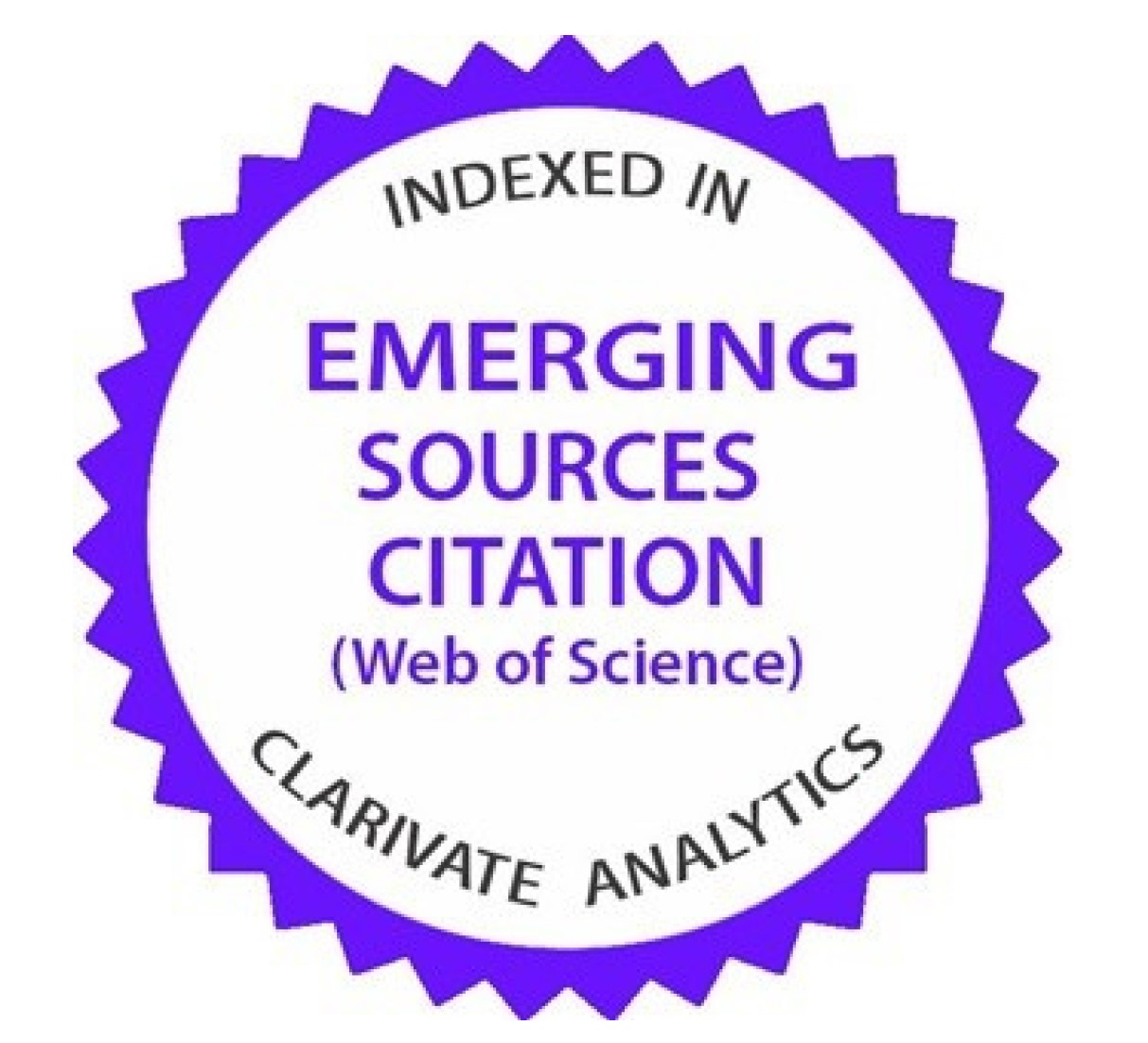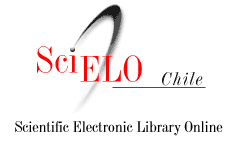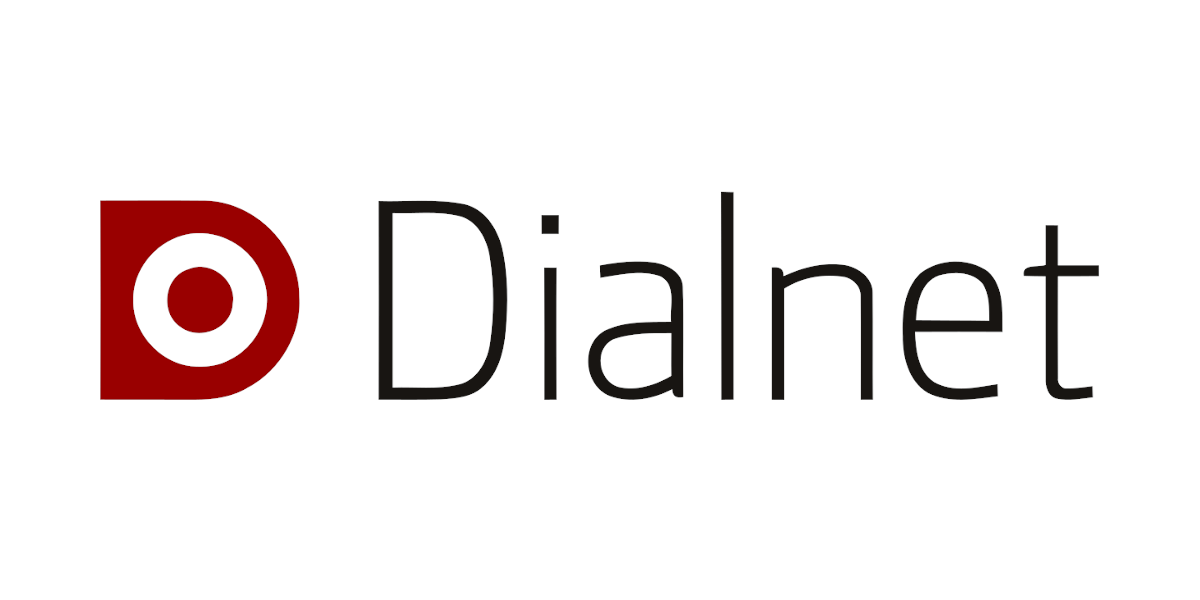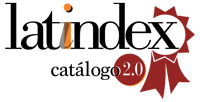Relación entre el nivel de glucosa y la eficiencia de la red atencional de control en adultos jóvenes sanos
Abstract
Resumen:
Numerosos estudios señalan que las alteraciones en los niveles de glucosa determinados por la ingesta diaria de alimentos pueden influir negativamente en el desempeño de diferentes tareas cognitivas. Con el fin de conocer los efectos que tiene el ayuno sobre la eficiencia de las redes atencionales se evaluaron 21 jóvenes sanos (19 mujeres) de 18 a 21 años. Los participantes asistieron a dos sesiones en dos condiciones distintas (en orden contrabalanceado) sesión uno, ayuno de aproximadamente 15 horas y sesión dos, desayuno (al menos dos horas antes de la prueba). En ambas sesiones se determinaron los niveles de glucosa en sangre mediante una prueba capilar antes de responder a la tarea. Se utilizó el Attentional Network Test (ANT) programado en E-prime. Se analizaron las correlaciones entre la eficiencia de las redes atencionales y la glucemia, los datos mostraron una correlación negativa entre los niveles de glucosa en sangre y la eficiencia de la red de control ejecutivo.
Palabras Clave: Ayuno; Cognición; Glucosa; Redes Atencionales, Articulo Original.
Â
Abstract:
Glucose represents one of the most important physiological factors that determine an adequate function of cells throughout the body, including brain cells. An inadequate glycemic control might compromise global brain functions. Several studies have pointed out that glucose level disorders determined by daily food intake might have a negative influence on cognitive performance. In order to clarify the effects of fasting on the efficiency of attentional networks, we evaluated 21 healthy young adults (19 women) with an age range from 18 through 21. Participants attended two sessions in two experimental conditions (in counterbalanced order): fasting of approximately 15 hours, and breakfast. In both sessions, glucose levels were measured before responding to the cognitive task. We measured attentional efficiency with the Attention Network Test (ANT). Efficiency of attentional networks was compared between conditions, and correlation indexes were obtained. Our data show a negative relation between glucose levels and control network efficiency.
Key words: Fasting; Cognition; Glucose; Attentional Networks; Original Article.
Â
Resumo:
Numerosos estudos mostram que as alterações nos nÃveis de glicose determinados pela ingestão diária de alimentos podem influenciar negativamente no desempenho de diferentes tarefas cognitivas. Com a finalidade de conhecer os efeitos que tem o jejum sobre a eficiência das redes atencionais foram avaliados 21 jovens saudáveis (19 mulheres) de 18 a 21 anos de idade. Os participantes se apresentaram em duas sessões em duas condições distintas (em ordem contrabalanceado) sessão um, jejum de aproximadamente 15 horas e sessão dois, café da manhã (pelo menos duas horas antes do teste). Em ambas sessões se determinaram os nÃveis de glicose no sangue mediante um teste capilar antes de responder à tarefa. Se utilizou o Attentional Network Test (ANT) programado em E-prime. Se analisaram as correlações entre a eficiência das redes atencionais e a glicemia, os dados mostraram uma correlação negativa entre os nÃveis de glicose no sangue e a eficiência da rede de controle executivo.
Palavras-chave: Relação entre o nÃvel de glicose e a eficiência da rede atencional de controle em adultos jovens saudáveis.
Downloads
How to Cite
Issue
Section
License
Articles published in this journal are protected under the Creative Commons Attribution-NonCommercial-ShareAlike 4.0 International (CC BY-NC-SA 4.0) license. This means that authors retain full rights over their research and publications at all times. As a journal, we fully respect and promote the principles of open access established by this license, allowing the work to be shared, adapted, and distributed for non-commercial purposes, provided that appropriate credit is given to the authors and any derivative works are licensed under the same terms.
Authors are responsible for obtaining the required permission when they wish to reproduce part of the material (figures, etc.) from other publications.
Likewise, CNPs allows authors to host in their personal sites or other repositories that they deem convenient the Final and Definitive Version of the published article with the format assigned by the journal. In no case do we allow access to preprints of the article under evaluation or already published.
When submitting an article to CNPs you are aware that all the contents of CNPs are under a Creative Commons License. In which it is allowed to copy and share the contents freely, always making reference to the origin of the publication and its author.










